The Worst Jobs in History - Season 1
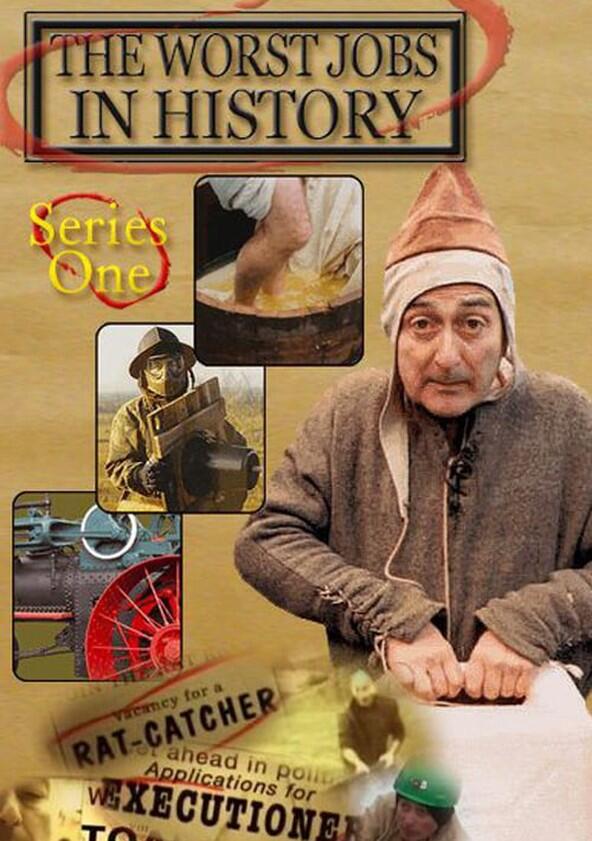
Season 1

Episodes

Dark Ages
There have been a lot of rotten jobs throughout the history of Britain, especially in the 10 centuries before 1066. When the Romans invade in AD 43, they bring with them a civilised way of life, but they also create some truly terrible job vacancies that just have to be filled. Some 400 years later, when the Romans are becoming a distant memory, Anglo-Saxon England is able to offer a whole new range of miserable ways to make a living. Not a people to be outdone in the misery stakes, the Vikings, too, are no strangers to uncomfortable, dangerous and all-round grim working conditions. This is an era with an abundance of contenders for the title of the worst job in history.
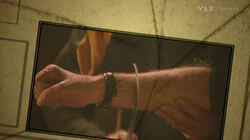
Middle Ages
If you are living in the Middle Ages, you are experiencing the period between AD 1000 and 1500. This is a time of castle building and cathedral construction, honour, chivalry and the development of the law. However there are also horrible wars and such significant hiccups as outbreaks of the Black Death and rebellions. While noblemen and their ladies flounce around in sumptuous clothes and are entertained at court and tournament, an army of unlucky souls toils away in some spectacularly hideous employment. In this time of thanes and barons, the lowly peasant is in for a rough time. The worst jobs in the Middle Ages are pretty grim.
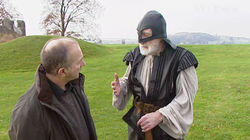
Tudors
The Tudor period is one of dynastic stability. Starting with the accession of Henry VII to the throne in 1485 and ending with the death of Elizabeth I in 1603, there are five Tudor monarchs, not counting Lady Jane Grey who ruled for just nine days. Henry VIII and Elizabeth I are the most powerful and best remembered. Under the Tudors, England becomes established as a world power. The government runs increasingly smoothly, the systems of justice and taxation are regularised across the kingdom and the arts blossom. But it is the ordinary citizen, rather than the royal court, who contributes most to this national success, not least by filling some of the least desirable job vacancies in history.
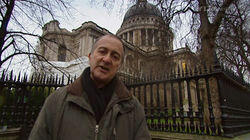
Stuarts
James VI of Scotland follows Elizabeth I to the throne, becoming James I of England in 1603 and so initiates the Stuart period of English history (in Scotland, just to be different, he's a Stewart). The party ends for the Stuart line in 1714 when Queen Anne, all of whose 18 children have died, also expires, leaving the throne to George, elector of Hanover, who becomes George I. Pockmarked with numerous tragic events such as the Gunpowder Plot, the Civil Wars, the Great Plague and the Great Fire of London, the Stuart period produces some exceptionally awful jobs, which, as usual, fall to the unfortunate poor or to the downright deranged.
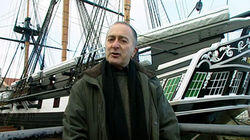
Georgians
The era of the Georges â€" George I to George IV, 1714-1837 â€" begins with a king who can't speak English, sees the survival of Britain in its wars against Napoleon and through the reign of a king who is seriously mad, and ends with a king who is more concerned with wine, women and song than with governance.If you are looking for some of the worst jobs in history, this is a particularly rich hunting ground, with life for the personnel in Nelson's navy being particularly horrendous. The Industrial Revolution also affects millions of people's lives and produces a whole new set of employment nightmares for the young, the vulnerable and the poor.

Victorians
Victoria comes to the throne at the tender age of 18 in 1837 and reigns supreme for a staggering 64 years until her death in 1901. Not only is she queen of England, she is also the empress of India and head of the rest of the enormous British empire. Her reign sees Britain at the height of its power. It also sees the Industrial Revolution accelerate its pace and the transfer of people from the countryside into the cities, where most live in rotten slums and have equally rotten jobs. Not, of course, that life in the countryside is any better for those left behind, especially for those looking for anything other than really bad career choices.
Recently Updated Shows

NCIS
NCIS (Naval Criminal Investigative Service) is more than just an action drama. With liberal doses of humor, it's a show that focuses on the sometimes complex and always amusing dynamics of a team forced to work together in high-stress situations. Leroy Jethro Gibbs, a former Marine gunnery sergeant, whose skills as an investigator are unmatched, leads this troupe of colorful personalities. Rounding out the team are Anthony DiNozzo, an ex-homicide detective whose instincts in the field are unparalleled and whose quick wit and humorous take on life make him a team favorite; the youthful and energetic forensic specialist Abby Sciuto, a talented scientist whose sharp mind matches her Goth style and eclectic tastes; Caitlin Todd, an ex-Secret Service Agent; and Timothy McGee, an MIT graduate whose brilliance with computers far overshadows his insecurities in the field; Assisting the team is medical examiner Dr. Donald "Ducky" Mallard, who knows it all because he's seen it all, and he's not afraid to let you know. From murder and espionage to terrorism and stolen submarines, these special agents travel the globe to investigate all crimes with Navy or Marine Corps ties.

Landman
Set in the proverbial boomtowns of West Texas, Landman is a modern day tale of fortune seeking in the world of oil rigs. The series is an upstairs/downstairs story of roughnecks and wildcat billionaires fueling a boom so big, it's reshaping our climate, our economy and our geopolitics.

The Creep Tapes
Based on a collection of videotapes in the secret vault of the world's deadliest and most socially uncomfortable serial killer, who hires his victims to film him for the day under false pretenses, each episode exposes a new victim from one of the fabled 'Creep Tapes'.

America's Funniest Home Videos
ABC's longest-running primetime entertainment show, America's Funniest Home Videos, returns for season 36 this fall with the same mission -- giving families something genuinely funny to enjoy together on Sunday nights.
"AFV," the longest-running primetime entertainment show in ABC history, returns for season 36 with the same mission - to provide viewers with hysterical moments that fly by at a dizzying pace.

The Real Housewives of Potomac
Just up the river from our nation's capital lies a hidden gem—Potomac, Maryland. Its rolling hills, gated mansions, sophisticated prep schools, and exclusive country clubs all serve to keep the area invitation-only. Sprinkled throughout this community are a handful of old-line, wealthy African-American families who have historically broken racial barriers to provide a life of privilege for their children. The Real Housewives of Potomac follows the upscale lives of six intriguing, well-to-do women: Gizelle Bryant, Katie Rost, Karen Huger, Charrisse Jackson-Jordan, Robyn Dixon, and Ashley Darby, all of whom have fought for their places in this society by way of legacy or marriage. In a town where entry is granted only through class, pedigree, and lineage, how far will these ladies go to secure their spot at the top of this prestigious circle?